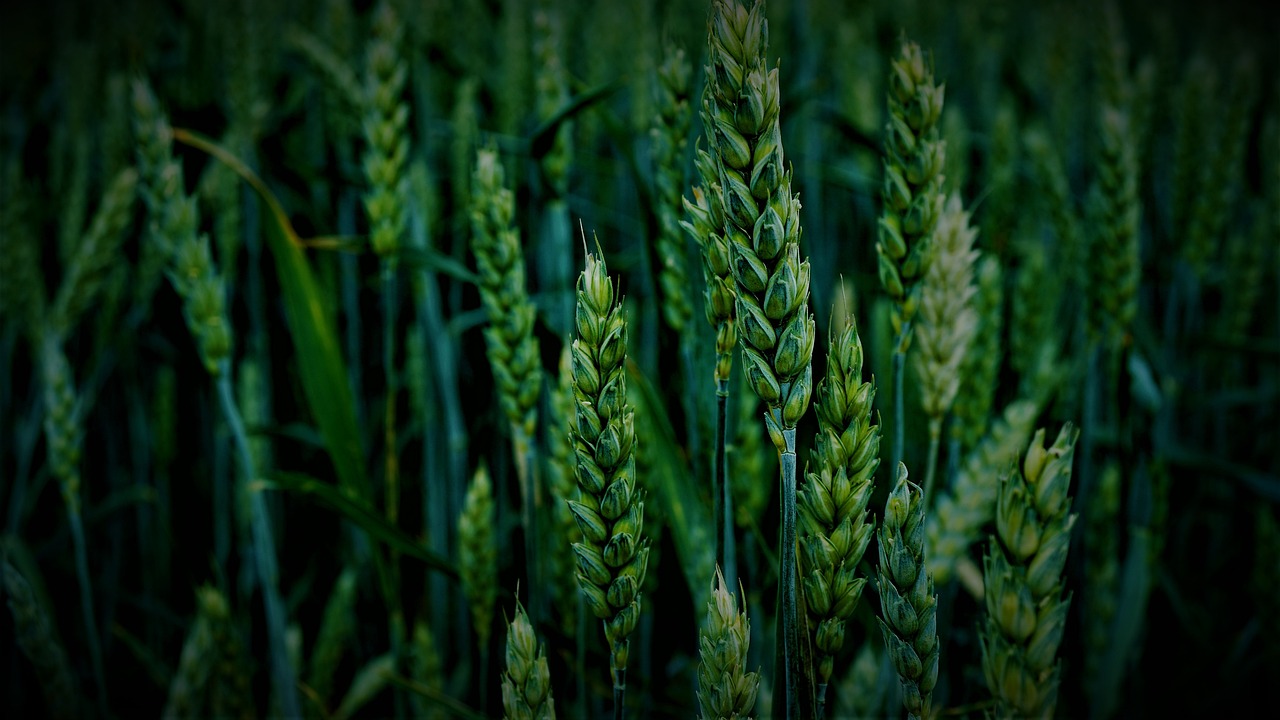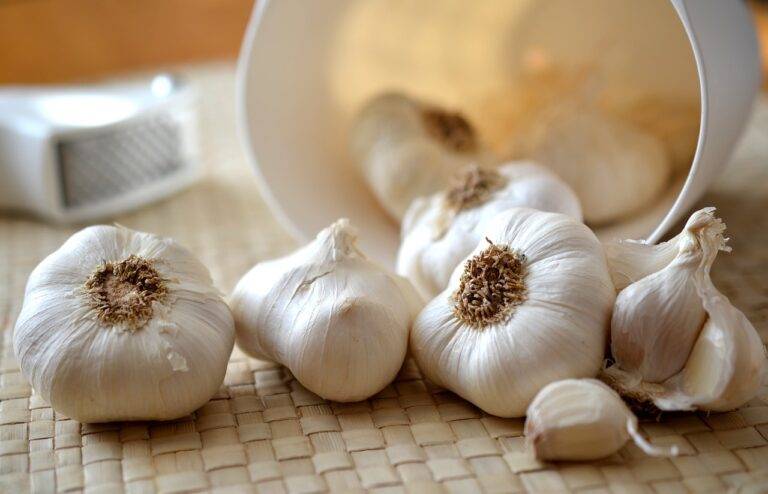Exploring the World of Sustainable Beekeeping
Sustainable beekeeping presents numerous advantages for both the environment and beekeepers themselves. By opting for sustainable practices, beekeepers can help maintain healthy bee populations while also promoting biodiversity in local ecosystems. This approach not only ensures the presence of bees for pollination but also results in the production of high-quality honey and other bee-related products.
Furthermore, sustainable beekeeping can contribute to the conservation of native bee species and help combat the decline in honeybee populations. By using natural methods to manage hives, beekeepers can reduce the negative impact of pesticides and other harmful chemicals on bees and their habitat. Overall, sustainable beekeeping is not just a way to sustainably harvest honey; it is a crucial step toward protecting these vital pollinators and preserving our ecosystem.
The Importance of Bee Conservation
Bees play a vital role in pollinating crops that are essential to our food supply. Without bees, many fruits, vegetables, and nuts would not be able to grow and reproduce. The decline in bee populations is a significant concern as it directly impacts global food security and biodiversity. Furthermore, bees are crucial in maintaining the balance in ecosystems by pollinating wild plants and flowers, supporting overall environmental health.
Conserving bees is not only about protecting a single species but also about safeguarding the countless other plants and animals that rely on them. By promoting bee conservation through sustainable practices, we can help maintain the delicate balance of our ecosystems. It is essential to raise awareness about the importance of bees and take action to protect and support their populations for a sustainable future.
Why are bees important for the environment?
Bees play a crucial role in pollination, helping plants reproduce and produce fruits and seeds. They are essential for maintaining biodiversity and ensuring food security for many species, including humans.
How does sustainable beekeeping benefit the environment?
Sustainable beekeeping practices help prevent the decline of bee populations by providing a healthy habitat, reducing the use of harmful chemicals, and promoting overall ecosystem health.
What are the consequences of declining bee populations?
Declining bee populations can have serious repercussions on food production, as many crops rely on bees for pollination. This can lead to a decrease in biodiversity, lower crop yields, and potential food shortages.
How can individuals contribute to bee conservation efforts?
Individuals can support bee conservation by planting bee-friendly flowers, avoiding the use of pesticides in their gardens, and supporting local beekeepers who practice sustainable beekeeping methods.
Are there any policies in place to protect bee populations?
Many countries have implemented policies and initiatives to protect bee populations, such as banning harmful pesticides and funding research on bee health. It is important for governments to continue supporting bee conservation efforts to ensure the survival of these vital pollinators.





